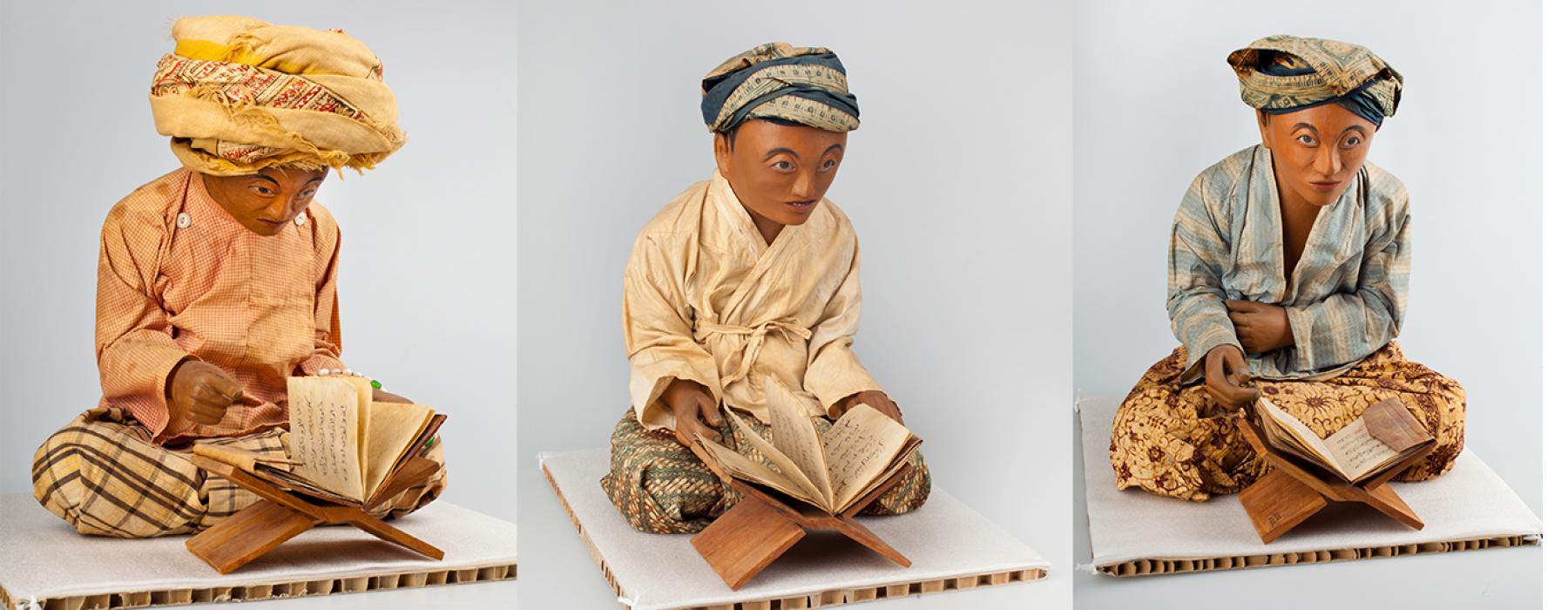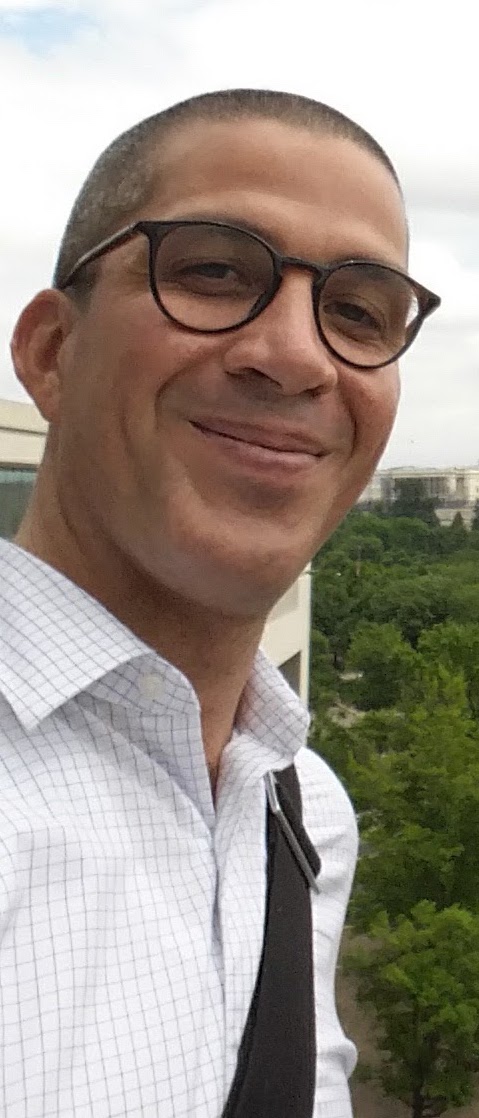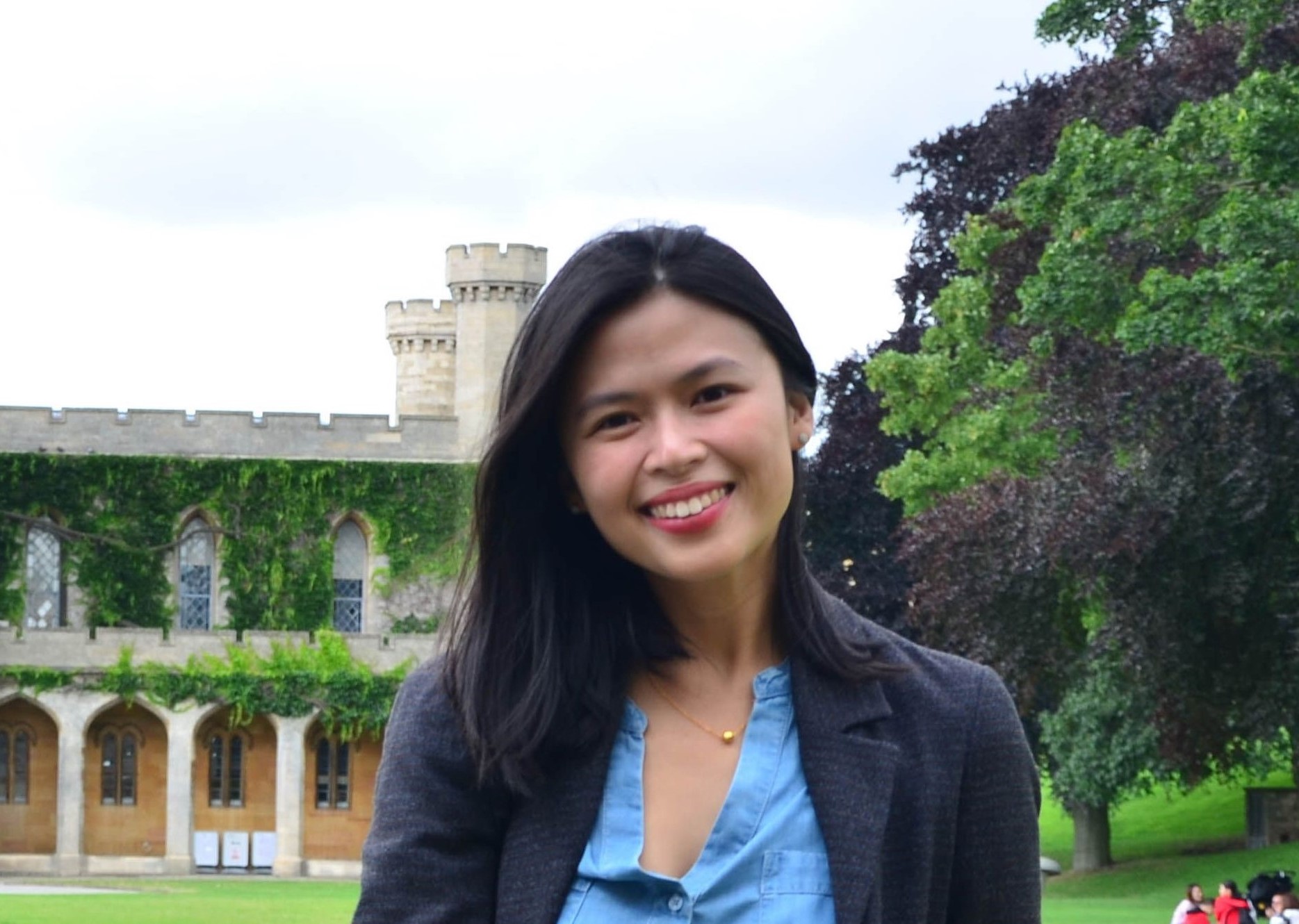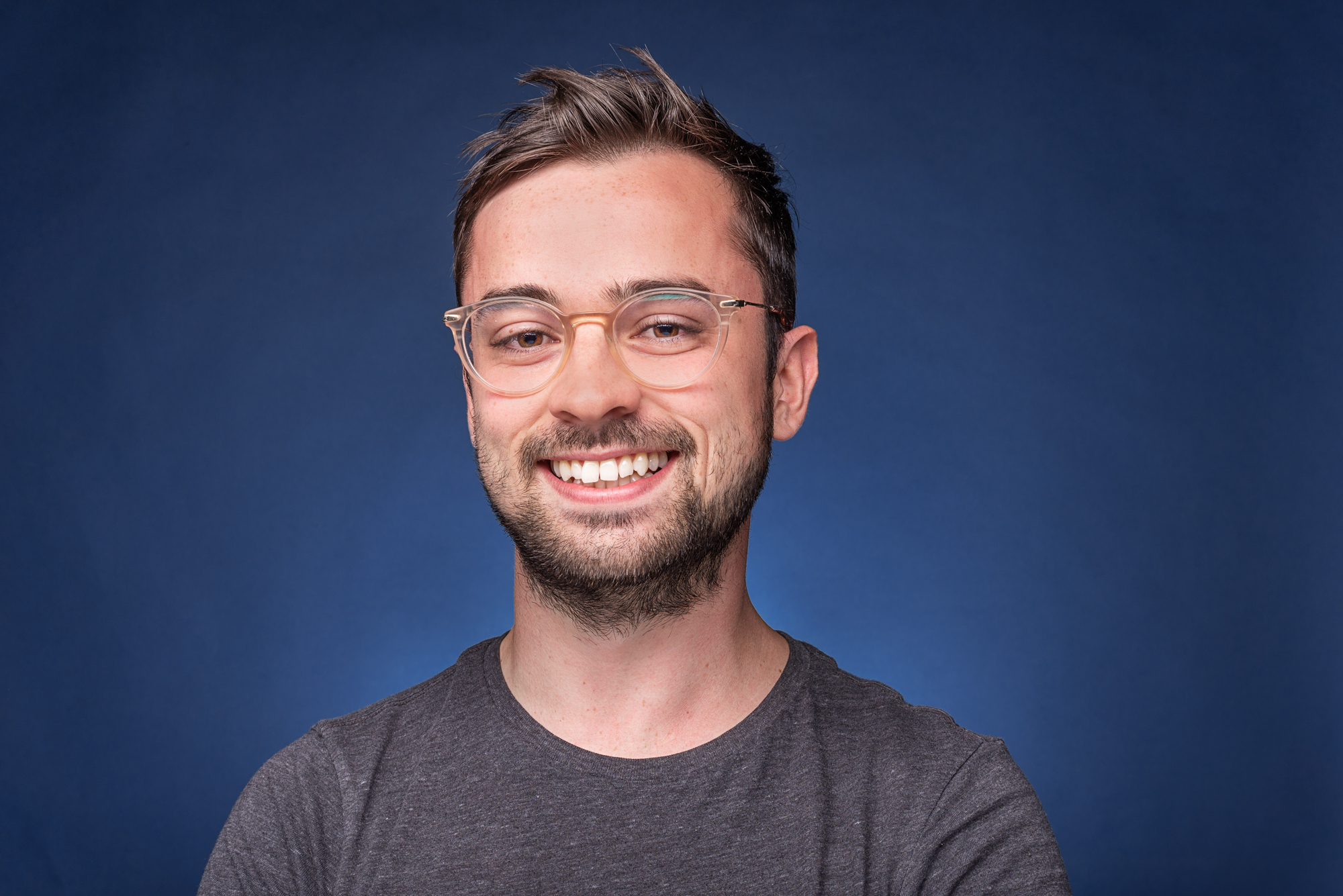Callum Fisher, Centre for Anthropological Research on Museums and Heritage (CARMAH), Institute for European Ethnology, Humboldt University of Berlin, Working title of dissertation and project: “From Provenance to Potentiality: Museum Practices and Dispersed Collections,” with a focus on the dispersal of the objects in Hamburg’s former Godeffroy Museum.
Robert Flahive, Ph.D. Candidate, Alliance for Social, Political, Ethical, and Cultural Thought (ASPECT), Virginia Tech, Working dissertation title: “Rethinking the Histories of Colonialism and Modernism through Architectural Preservation,"' with a focus on the relationship between architectural preservation, modernist architecture, and colonialism. For the RCMC Junior Fellowship, Flahive studies the Van Nelle Factory in Rotterdam.
Valentina Gamberi, Independent Researcher; Project: “Abandoned Chinese Gods: Sacred Waste in Museums, Temples, and Carvers’ Studios.”
Amélie Roussillon, University of East Anglia (Norwich), Project: “Research on the Abelam (Papua New Guinea) collection acquired by Carel M.A. Groenevelt on behalf of the Museum voor Land- en Volkenkunde (Wereldmuseum, Rotterdam) between 1959 and 1962.”
Emily Teo, Research Fellow at the National Museum of Singapore; Visiting Postdoctoral Researcher at the Gotha Research Centre of the University of Erfurt, Project: “Pictorial representations of the flora and fauna of the Dutch East Indies in the holdings of the Tropenmuseum.”



